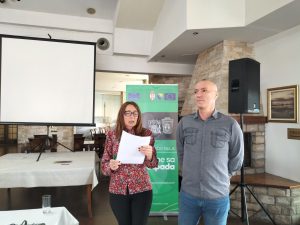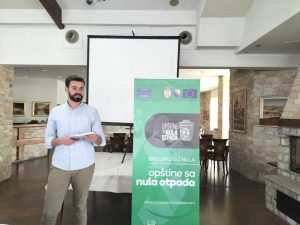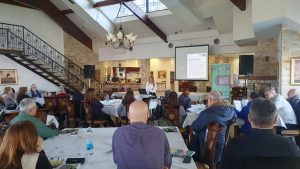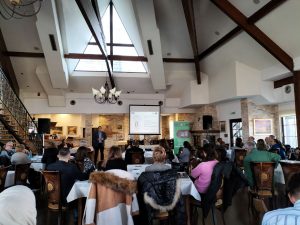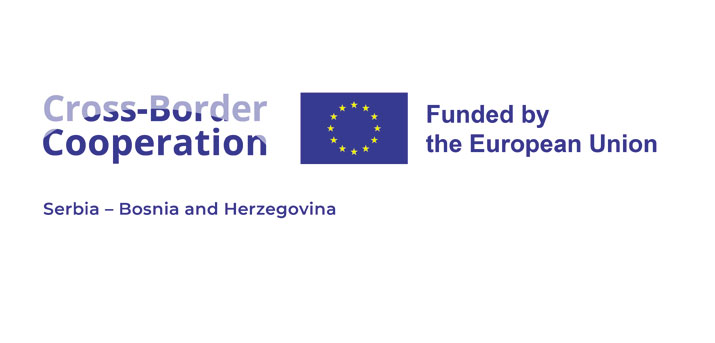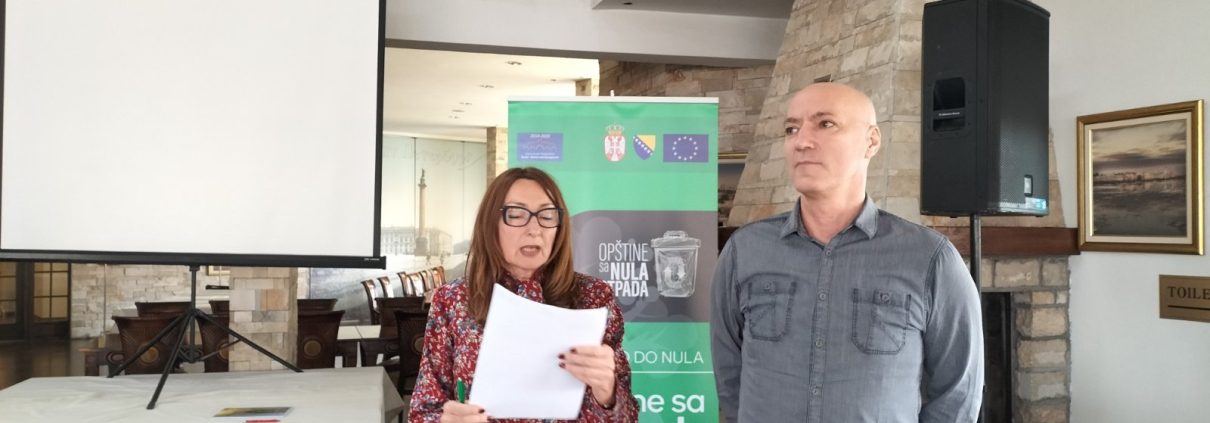The project “Zero Waste Municipalities ” dedicated a whole set of activities to secondary schools.Within the project, the manual for teachers was prepared with aim to support teachers in integrating the topics of the circular economy and the concept of zero waste into the schools’ curriculum. The manual is a set of measures and ideas, which presented integrating the mentioned topics into the existing teaching curriculum. Six pilot schools implemented experimental classes according to the instructions from the Manual. Available research shows that topics related to ecology and environmental protection are not sufficiently represented in the existing teaching curricula in Bosnia and Herzegovina and Serbia.
The two-day workshop was held at 6th and 7th February in Bijeljina. The workshop was intended for teachers in the cross-border area with the aim of presenting the manual “Integration of waste management into the existing curriculum.”
The workshop gathered a total of 52 teachers from various general and vocational high schools.
During the first day, social ecology and lessons realized in 6 pilot schools were presented. The teachers had the opportunity to share their experiences during an interactive discussion. During the discussion, they discussed the obstacles to the introduction of environmental topics into the curriculum, but they also identified mechanisms that open up opportunities for educating students on the mentioned topics.
At the second day, the teachers had the opportunity to make proposals which will be the base for the next steps.
Within the second day, the first interactive exercise was “Preparation of the teaching activity according to the instructions from the Manual”. Some of the creative classes were:
Technical education / Making school supplies from recycled materials Economic group of subjects CE in entrepreneurship
Ecology vs. Economy Democracy / Individual and societal responsibility towards the environment by encouraging public advocacy
Mother tongue / Drama performance “Reincarnation” (packaging and waste material)
Geography /Watercourses, watersheds and their pollutants
Biology / Making pots by recycling waste materials and planting plants
Physical – health education / Use of bowling cans and plastic water bottles for dumbbells.
The second interactive exercise “Possibilities of cooperation between the NGO sector and secondary schools” indicated the great interest of schools in participating in projects, but also the need for support in the preparation of strategic development documents for schools. The teachers expressed particular satisfaction with the opportunity to participate in cross-border cooperation workshops
